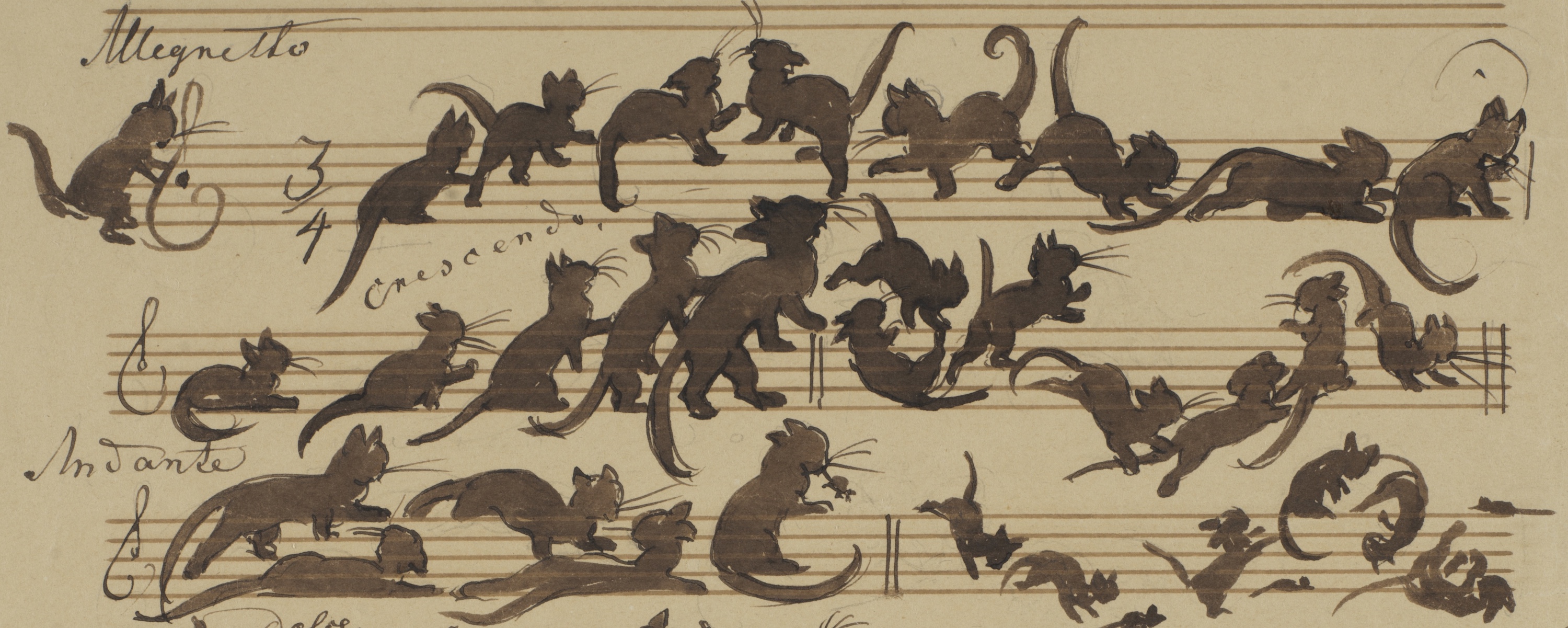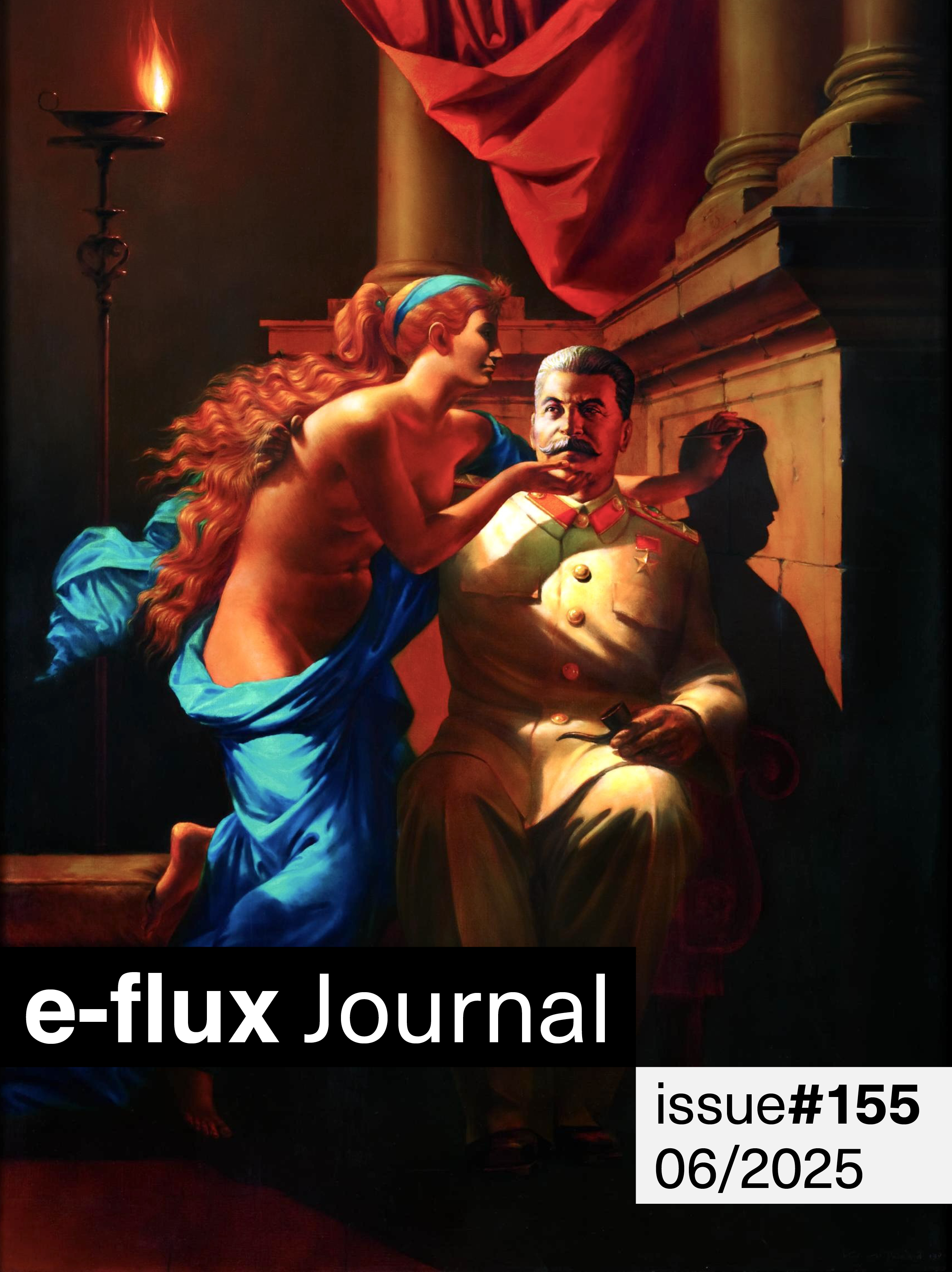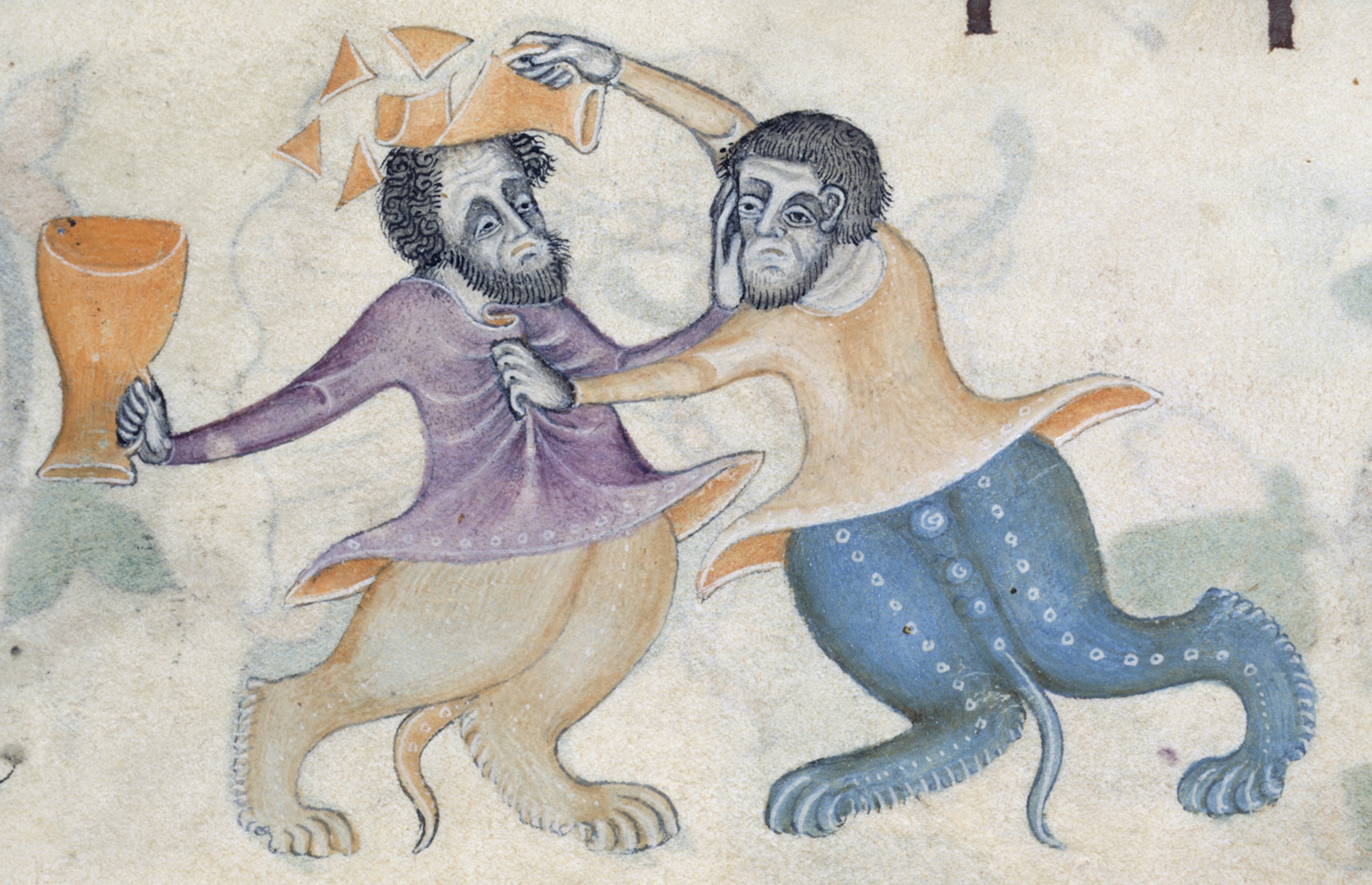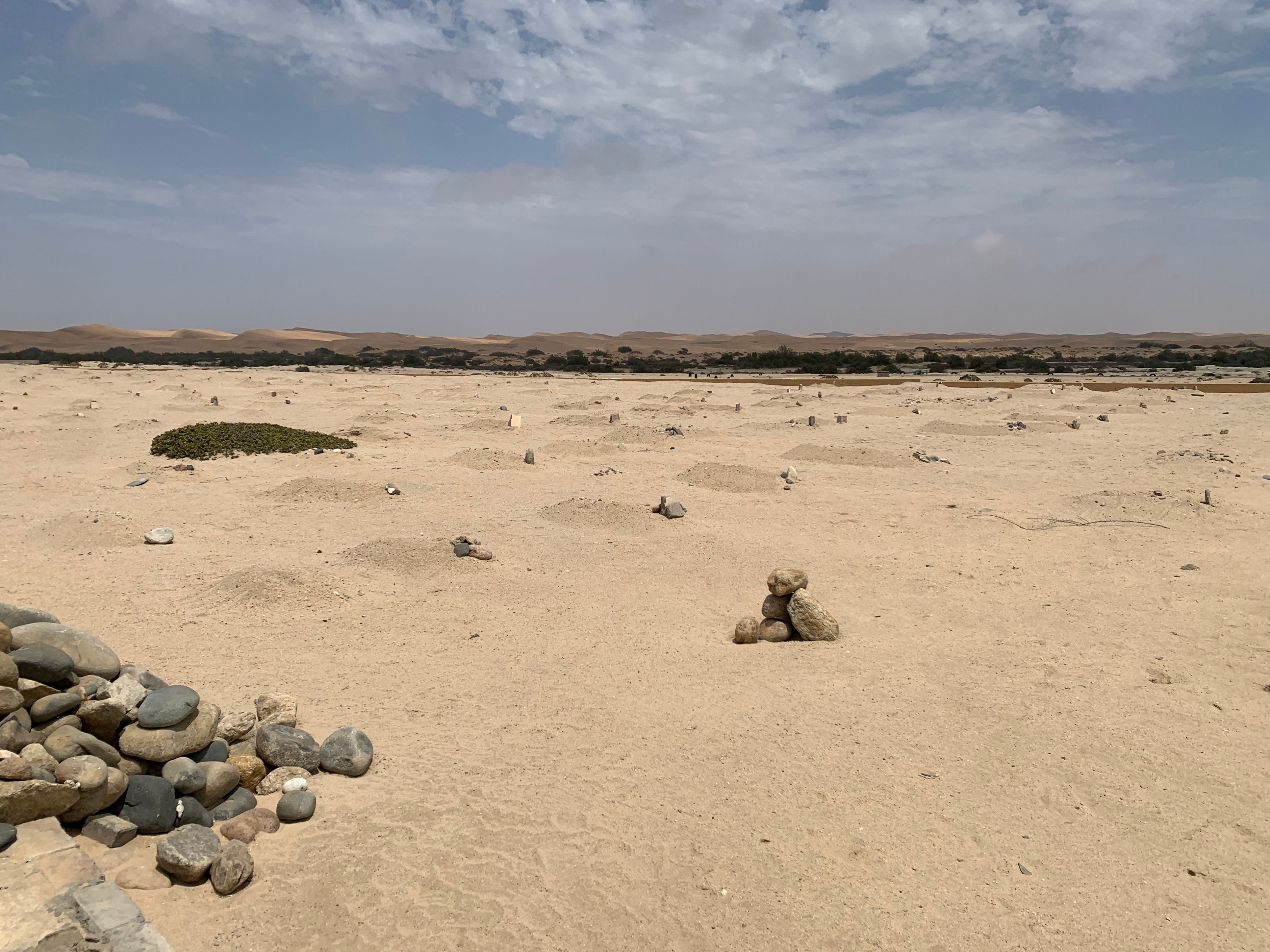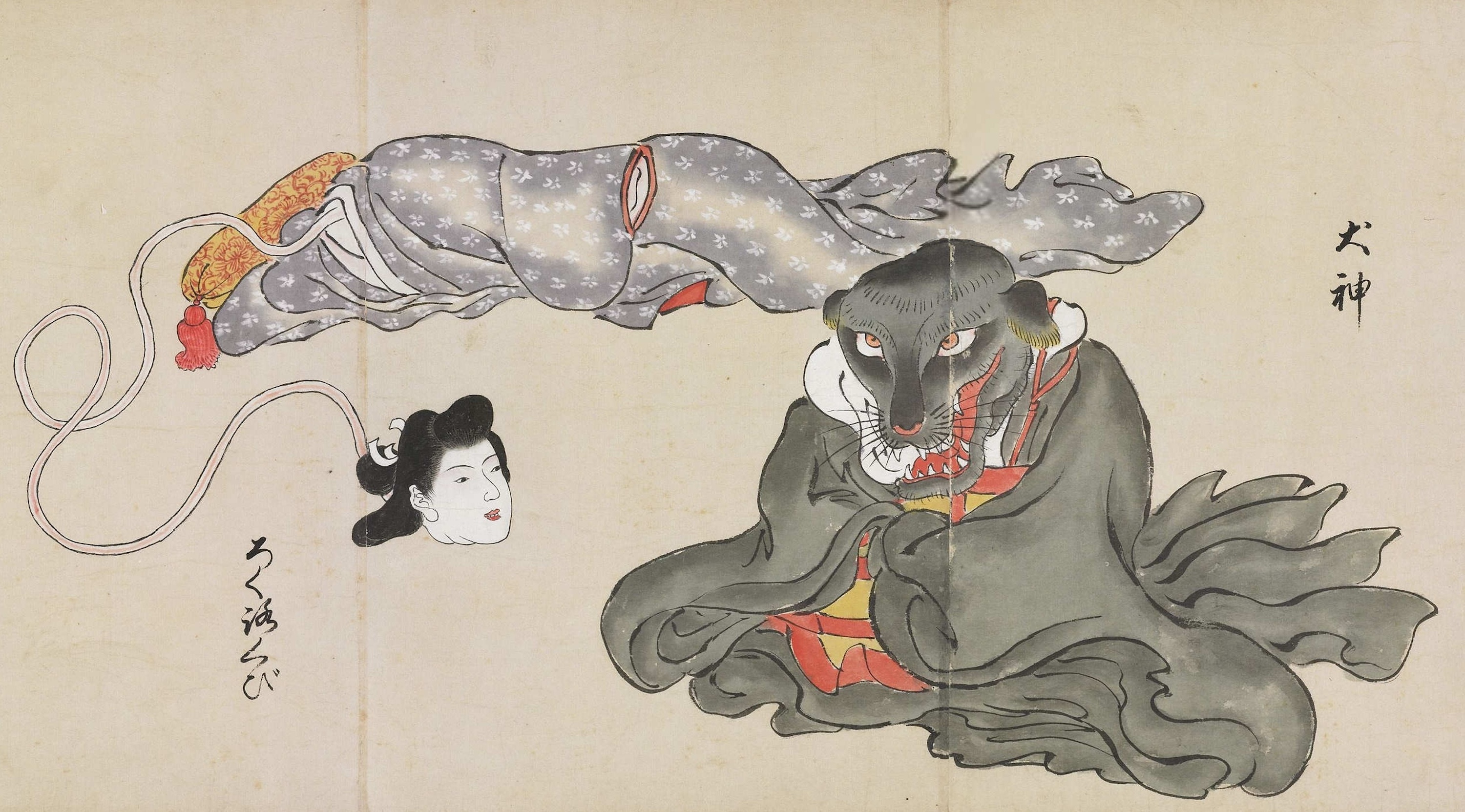In a first for art-agenda, this month we publish a review of an exhibition in Berlin through which a writer at home in London was walked by camera-wielding curators. During lockdown, needs must. In the past year, the editors have projected live streams of socially distanced performances from empty theaters onto the walls of their apartments, interacted with art “objects” beamed by augmented reality apps onto their desks, watched entire gallery screening programs on their phones, and waited in the cold outside galleries until their appointed time in order to tour an exhibition of social practice in solitude.
That the experience of a work of art is inflected by the material and emotional circumstances of its encounter is, unless you’re a really hardcore formalist, hardly a controversial idea. Editors who spent four years excising the phrase “In the age of Trump” from reviews won’t need to be reminded of how external events can intrude on critical interpretation, but the recent completion of an overhaul of the art-agenda archive means that readers can now also track these changes.1 By tagging the 1,276 (and counting) features we’ve published with intersecting themes and subjects, it becomes possible to search for rudimentary patterns in artistic and critical responses to the events of a tumultuous decade.
These shifts in the priorities and politics of contemporary art are identifiable through changes in the terminology: while the frequency of references to “postcolonialism” has been roughly consistent since 2010, for example, “decolonization,” with its implication of more concrete demands, has been ticking up over the past five years. Discussions of “identity politics” spiked in 2016 and again in 2020, coinciding with election campaigns in the US. Whether these better represent shifts in artists’ practice or in the lens through which critics read them would take a much longer text to disentangle. Some words enter the lexicon—for two years in the middle of the last decade, you couldn’t escape “polyphony”—while others indicate broader paradigmatic shifts, such as the move away from cynicism and irony towards sincerity and care in the rhetoric of contemporary art, if not, it could be argued, in its practice.
The intersection of search terms also generates unexpected results. Combining “abstraction” with “war & conflict” in the search engine, for instance, threw up a 2014 review by Morgan Quaintance of a group show which, in its focus on the formal representation of warfare, shares ground with a forthcoming text on the work of Lebanese artist Haig Aivazian. Looking ahead to our program for the coming month suggests more of these cross-connections: between “ecology” and “imperialism” in a feature on the botanical garden as setting and subject for contemporary art, between “worldbuilding” and “migration” in the work of Hiwa K, between “trauma” and “storytelling” in the late Okwui Enwezor’s exhibition at New York’s New Museum.
The temptation is to extrapolate tendencies into forecasts. It seems safe, if depressing, to presume that the frequency of such terms such as “surveillance” and “extinction” will continue to increase, and we might hope for more crossovers between “Indigenous art” and “modernity” or “post-capitalism” and “queer theory.” But we must also bear in mind that these categories can never account for the range of human creativity, and allow that new terms will shortly be needed to reflect the emergence of unpredictable forms. It’s a reminder that while broad trends in the discourse might be shaped by historical context and traced by the intersection of data sets, individual works of art cannot be reduced to them. So, if you’re fortunate enough to live in a place where the galleries are open, go out and see some shows.
https://www.e-flux.com/search. The engine covers the whole of the e-flux archive, but you can narrow it by specifying “art-agenda features” as type and then filter by themes and subject matters. Thank you to Josie Perry for her work on the archive and the discussions surrounding it.

